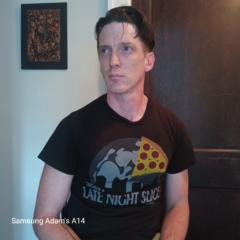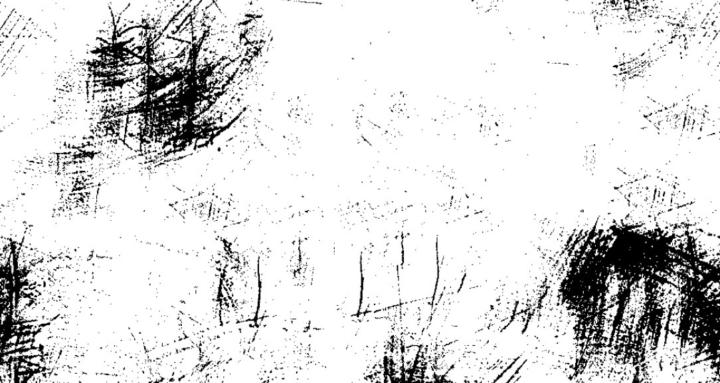
Write something
THE BEGINNING
Outside, the city moved without noticing. Inside, the building stood still without caring. This was where stories came to end—not where they began. ………………………………………………………………………………………………………………………………………………………. “Another one from Bolesborough,” the voice cut through the station, more worn than sharp—irritation dressed up as routine. It echoed off the chipped tile and concrete, settled into the corners like dust. Officer Mahoney didn’t bother to hide the disinterest in his delivery; he just let the words hang in the air, weighty without urgency. He was half-slung against a cluttered desk, a styrofoam cup balanced in one hand, the other flinging a manila folder with a flick that landed it squarely on Sergeant Bailey’s already overwhelmed workspace. The folder hit with a dull slap—muted, but deliberate. Another name. Another report. Another line in a story no one wanted to read. Around them, the station moved in its low, late-hour rhythm: keyboards ticking with resignation, phones ringing just long enough to be someone else’s problem, and the tired murmur of officers trying to outlast the shift. No one looked up. They didn’t have to. Bolesborough had started to mean something. Not loud. Not official. But enough to sour the room whenever its name was spoken. Bailey didn’t reach for the folder right away. He just stared at it, like maybe it would open itself. Like maybe the thing inside it would admit what the last three hadn’t. Through the narrow, grimy windows, the city blinked in and out of clarity like an old reel on the verge of snapping—images half-formed, then lost again in static and smear. Each flash of neon beyond the glass seemed to fight for meaning, throwing crooked shapes against the curtain of rain that never fully stopped, only varied in weight. The droplets clung in anxious clusters to the pane, quivering with every distant rumble, distorting the light into warped patterns that crawled across the walls. Streetlamps flicked their halos into the downpour, only to have them swallowed by mist and smog. It wasn’t night or day—it was that gray, perpetual in-between the city wore like a second skin.
1
0
STARTING A CREATIVE GROUP
As the days pass, it will become more and more clear what this will become.
1
0
1-2 of 2

